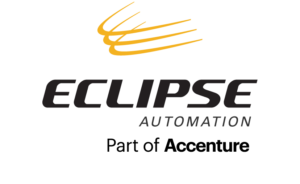Maintaining Profitability in an Uncertain Health Economy
Public and private health systems have been facing revenue pressures and declining profit margins for the past few years. This trend is expected to continue as increasing demand, infrastructure upgrades, and technological advancements strain already limited financial resources. Health care stakeholders are pursuing new means of reducing costs and exploring new revenue sources that include intellectual property capitalization, investing in JVs and launching new companies.
Keeping Pace with Digital & AI Technologies that are Reshaping Health Care
Exponentially Accelerating Technologies, such as synthetic biology, 3D printing and nano technologies are reshaping health care by providing less expensive and more accessible products and care delivery on a global scale. Keeping pace with the ever changing technology developments require massive strategic investments in digital record care, eHealth, big data, and smart technologies.
Managing Patient Safety & Privacy in a Digital World
With an overwhelming amount of personal data being transferred in the digital world, mitigating fraud and cyber threats are a top priority. Patients are now taking a more active role in their health; instant access to their data from a reliable source, causing cybersecurity and data risk management to remain front and center for the health care industry. Investing in people, processes, technology, and understanding the impact that policy changes will have on the health care industry, will be the key to regulatory compliance and defense against financial and reputational exposure.
 Creating More Consumer-Centric Care
Creating More Consumer-Centric Care
Enabling better personalized care through active engagement and digital solutions will help to elevate patient experience. Health care organizations need to shift their focus beyond price and quality of care to incorporate customer focused relationships. There is opportunity here to learn from other industries that overlap with health care, such as electronics and consumer goods in order to improve patient experiences by leveraging digital solutions such as social media, mobile apps, and even virtual reality.
Workforce Challenges & Shaping Healthcare for the Future
Staffing shortages are evident worldwide in addition to the lack of next-generation skills to guide and support the health care industry in becoming more patience centric and insight-driven. Digital technology, robotics and other automation tools have the potential to resolve many current and future health care issues. Health care providers need to embrace collaboration with technology in order to improve costs and efficiency in order to gain a competitive edge.
With extensive experience in the Health Care industry, and overlapping experience in both consumer goods and electronics, Eclipse Automation stays flexible in its ability to find the most integrated solutions that add client value and enhance business operations.
Source: Deloitte
